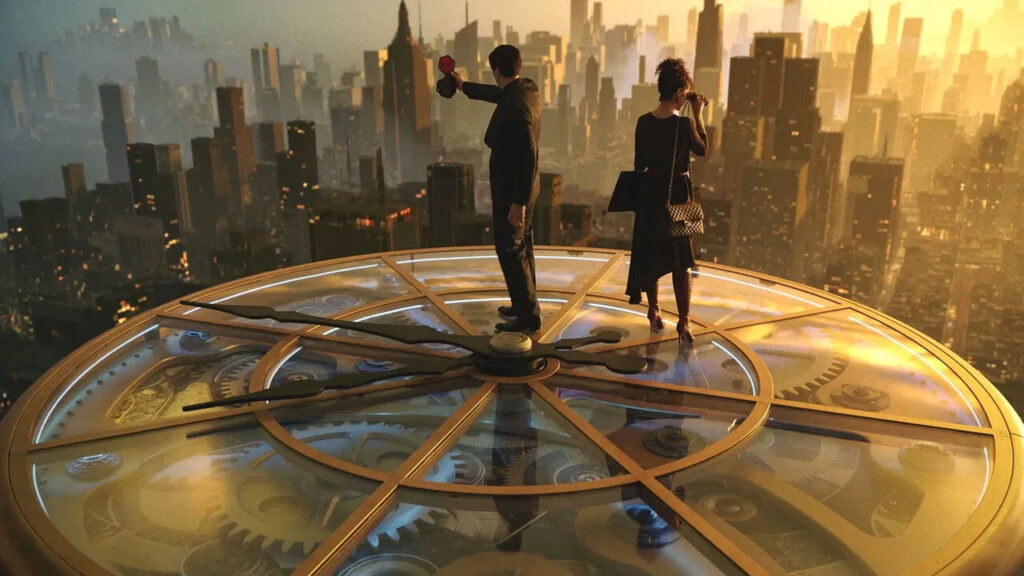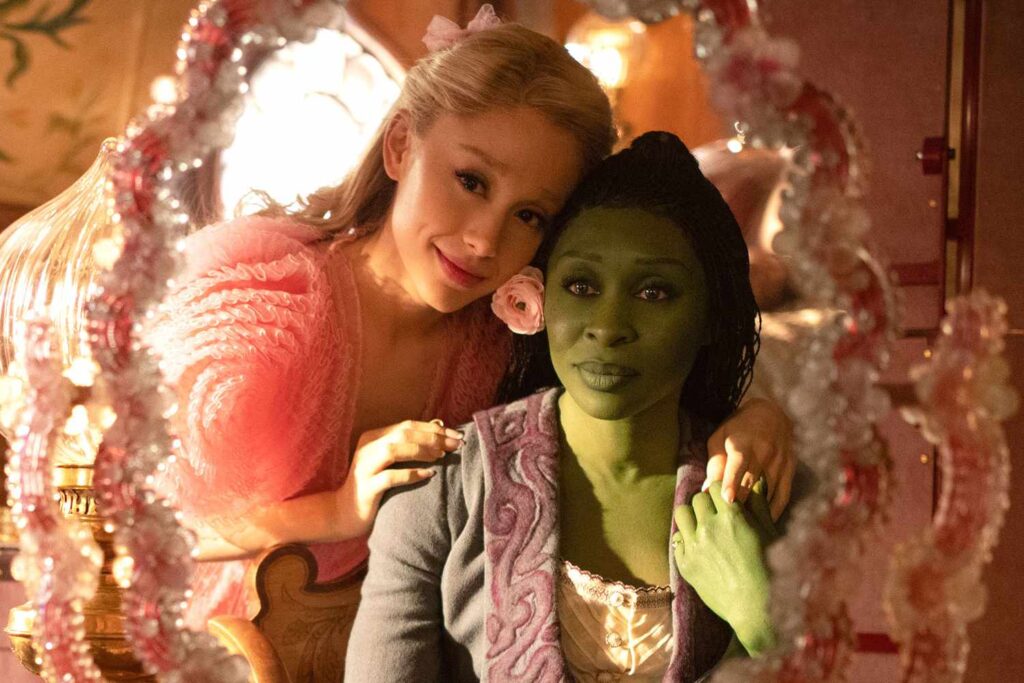Despite being nearly three hours long, there are probably more telling sentences written about what Megalopolis could be than what’s written in the script.
Francis Ford Coppola changed cinema as we know it, and his Godfather films remain hallmarks of American filmmaking. But his latest film (and possibly his last) is a stain on his legacy. Somehow Megalopolis manages to be both chaotic and extremely boring.
Coppola has mixed ancient Rome with modern New York in an attempt to comment on America’s own declining empire (see the Make Rome Great Again sign and the obvious line about politicians saying they only need to entertain). It’s a noble aspiration, if the film actually said something coherent.
Caesar Catilina (Adam Driver) is waging a war for the soul of his city. When he discovers a new entity called Megalon, which is some kind of chemical or building material (it’s never really clear), he pushes to build Megalopolis, a utopia open to all. But his dream depends on a dubious property battle between him and Mayor Cicero (Giancarlo Esposito).
Cicero seems likely to win thanks to his cronies, but things get complicated when his daughter, Julia (Nathalie Emmanuel), asks for a job with Caesar and falls in love with him. It’s a tale of feuding families straight out of Shakespeare, but it completely lacks the poet’s poetry and wit.
There’s also the Crassus clan, led by Hamilton Crassus III (Jon Voight), the aging owner of New Rome’s bank. He has a clown son, Clodio (Shia LaBeouf), who’s hungry for power and money. Then, there’s Vau Platinum (Aubrey Plaza), a gold-digging broadcast journalist who marries Crassus for access to his treasure and connections. That’s still less than half of the characters who appear in the film, but I won’t tell you about the rest of the characters because they’re largely redundant.
These individuals compete for power, resources, and love in a tangled tale that includes a silly, sterile love story, science-fiction fantasies that use elements of futurism and the Bauhaus movement, and a tale of corruption and backstabbing that somehow drains all the intrigue from such themes.
It’s a film that revels in its own exuberance, drawing parallels to the gladiator games of ancient Rome and the greed for wealth – but it’s not all even shot in an interesting way.
And it’s not just the frenetic storytelling or the mix of design styles (togas 1920s gangster suits, Art Deco architecture, contemporary New York streets, unimaginative sci-fi chic) that makes Megalopolis so dingy. Somehow, Coppola managed to evoke even horribly wooden performances from her group of talented actors. Driver looks like he’s waiting for someone to put him out of his misery, while Emmanuel plays a bland, forgettable simpleton whose party-girl turned benefactor seems pointless only because he’s so thinly written.
Esposito at least tries to inject some of Cicero’s wickedness into the fun, and Plaza tries in vain to strike an exasperated tone that befits the story’s absurdity. Both LaBeouf and Voight are problematic figures to cast in a movie at this point, and worse, they seem potentially capable of playing versions of themselves.
While LaBeouf’s Claudio is an unpredictable, self-centered young man, Voight plays an aging, confused old man who’s drifted far from relevance. How did Coppola, a man who nearly discovered Al Pacino and Robert De Niro and directed them to award-worthy performances, even get to this?
And all of this is without mentioning the film’s disturbing gender roles and gross sexual dynamics. The film may be set in the future, but its views on sexuality, male and female, and power are hopelessly stuck in the past.
Still, Megalopolis’ biggest sin is not any of these obvious problems, but rather how boring and bloated it all is. The dialogue, written by Coppola, is so silly, alternating between flowery philosophies and statements that I wonder how the actors delivered them with straight faces.
Dustin Hoffman’s Nash “The Fixer” Berman chants “steel, steel, steel” in the opening scene, setting the tone for the nonsensical nonsense to come. This moment is the first of many unintentional laughs and embarrassing moments.
Watching and framing Megalopolis as Coppola’s unmitigated magnum opus, I was expecting at least something that was a little weird—. Something so bad it felt good, an experience you could dedicate yourself to. But instead, it only made me look at my watch. It’s really sad that Coppola could put so much money, time and heart into something so horrific.


